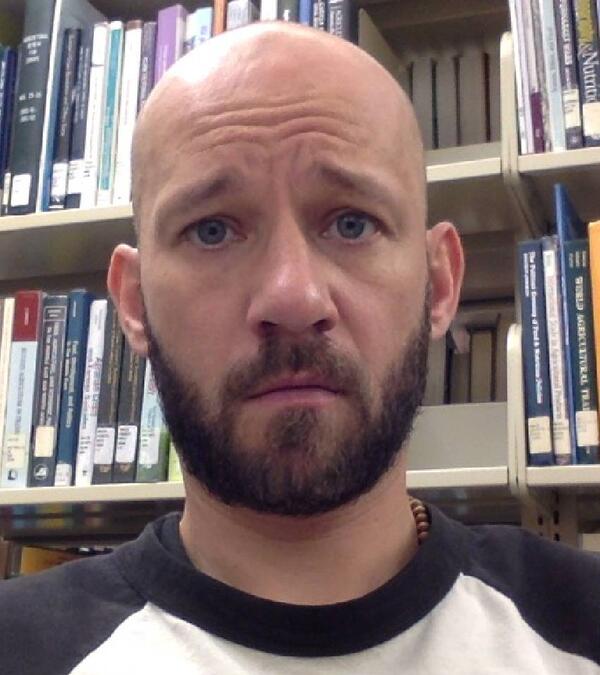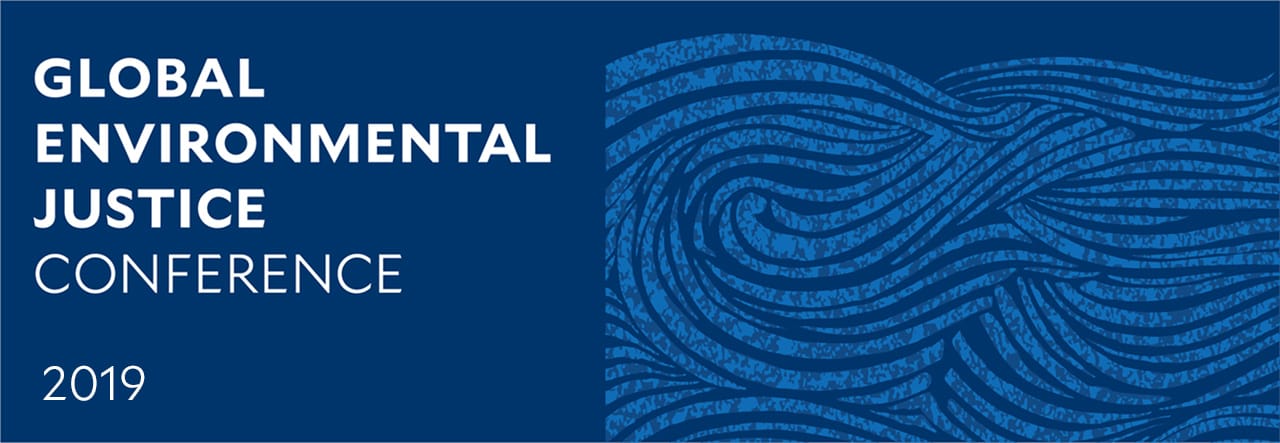Michael Babcock

Michael Babcock
Department of Natural Resource Sciences
McGill University
“Whereas it has long been known and declared that the poor have no right to the property of the rich, I wish it also to be known and declared that the rich have no right to the property of the poor.” John Ruskin, “Unto This Last” This is a starting point in my research. It is generalizing from this to categories beyond rich and poor, into different ways of being with the world and how these are connected to place and environment, that occupies my time.
Is it time to rethink our approach to biodiversity conservation? Much of environmentalgovernance and practice has become globalised, and biodiversity governance is no exception. One majoractor is the Intergovernmental Science-Policy Platform on EcosystemServices (IPBES), established in2012, which seeks to bridge gaps between the science of biodiversity and ecosystem services on onehand, and policies of conservation and sustainable development on the other. IPBES, as well as theconcept of Ecosystem Services more broadly, have been widely critiqued in the literature. Some of thiscritique is fair and some is not, and IPBES has done much to respond to it. However, we build on thisbody of critical literature by introducing the theory of ecocolonization: aprocess by which Indigenouspeople collaterally suffer the effects of the seizure, control and destruction of their natural resources byan outside political force.
Who defines and measures environmental problems is at the heart of ecocolonization, and weargue that IPBES risks reproducing colonial discourses and practices by definingbiodiversity problems and prescribing solutions—A phenomenon that could result in a particularly toxiclegacy. The IPBES has made great strides including indigenous peoples and their ways of knowing into itsPlatform, but at its core it still puts forth a particular view of humanity’s relationship with the world; thenatural world provides the goods, services, and gifts that humanity requires to exist and maintain a goodquality of life. Yet there are other ways to approach biodiversity conservation and natural resourcegovernance. A large body of work exists which theorizes how to promote indigenous knowledge andsolutions to governance problems. We outline one such approach:multinaturalism, and describe howthis approach aligns with the needs of indigenous communities to give voice to their ownunderstandingsof biodiversity conservation.
IPBES and the Risks of Ecocolonization
People and Partners
Yale School of the Environment
Kroon Hall
195 Prospect Street
New Haven, CT 06511
Email: ycej@yale.edu





